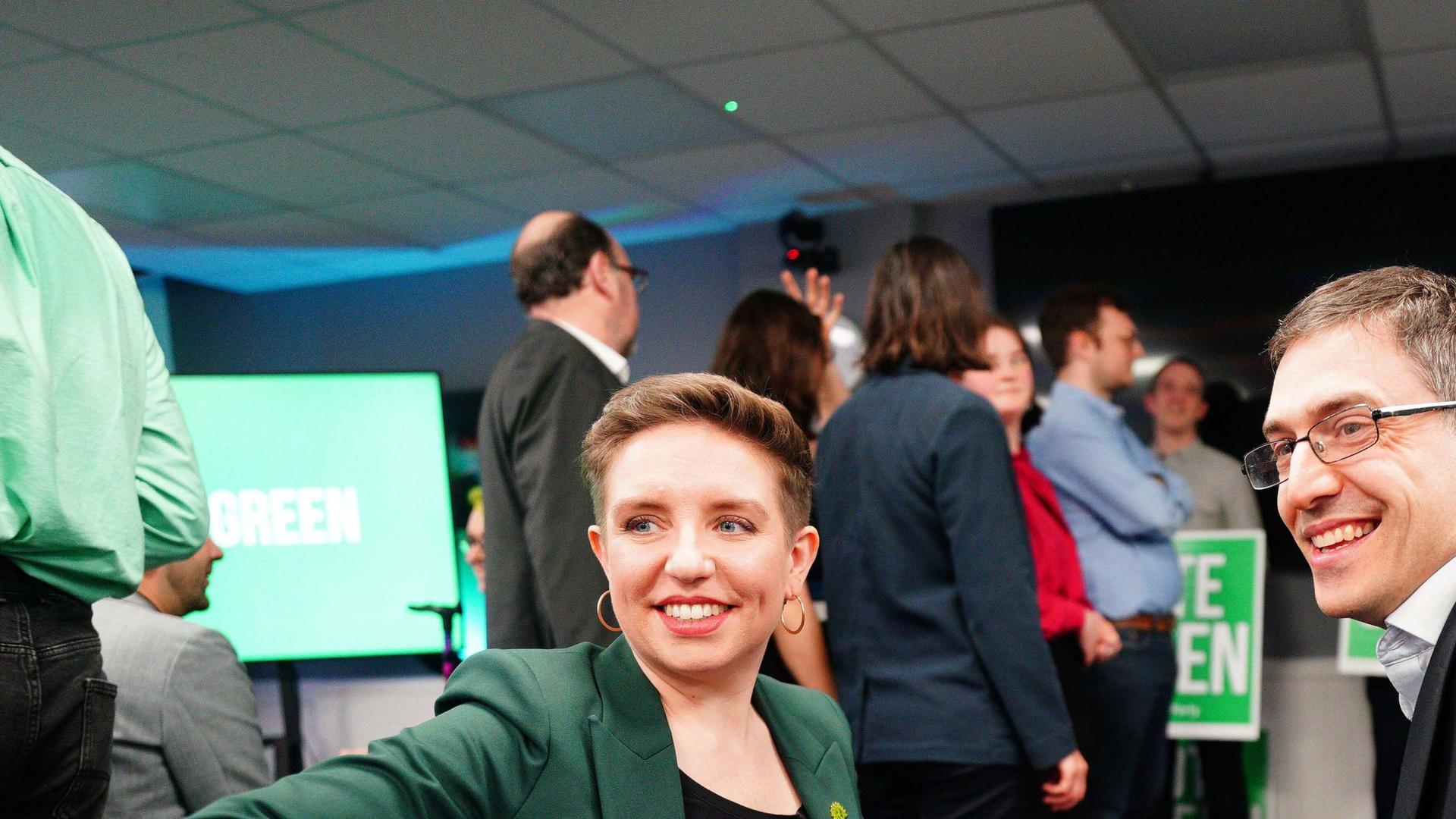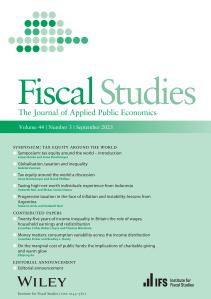“The Green Party has set out a vision which would see the size of the state increase on an unprecedented scale: by the end of the next parliament they want to increase taxes by over £170 billion per year to fund a £160 billion boost to day-to-day public spending. They also plan to spend an additional £90 billion a year on capital spending, which would be a particularly big increase. Even taking their figures at face value, overall borrowing would end up around £80 billion a year higher and we could expect debt to be rising throughout the next Parliament.
Some of their tax plans could raise substantial sums. The increase in NI contributions on those earning over £50,000 and restriction of pension tax reliefs would affect a large number of higher earners - the same group broadly hit hardest by the current government. They could also raise revenue from a wealth tax. Whether they could really raise over £90 billion from a carbon tax is doubtful, not least because the more successful the tax is at changing behaviour, the less it would raise. The windfall tax measures would only bring in temporary revenue. The Greens would find that additional tax-raising measures would be needed to fund their planned permanent spending increases.
Some of the individual tax measures look sensible, including closing loopholes within inheritance tax. The Green Party is right to commit to carrying out the long overdue revaluation of council tax. There would be a lot of devil in the detail, but seeking to tackle the challenge of taxing carbon emissions would be welcome. While a recurrent wealth tax could raise revenue, it would be tough to implement. Restricting upfront income tax relief on pension contributions would also be difficult to achieve - and would hit a lot of workers on not terribly high salaries - many nurses and teachers for example.
Many of the measures would combine to increase disincentives to work and to invest. Accounting for the fact that we would expect potentially large responses to such a significant increase in taxes, it is unlikely that the measures would raise as much revenue as expected. And while some of the measures are targeted at the wealthy, the effects of the package would be much broader. Most obviously, it would be impossible to raise over £90 billion from taxing carbon emissions without the effect being felt by everyone.
It is clear where the Green Party’s ambitions lie - a much bigger role for the state, better funded public services, and, of course, a swifter transition to net zero. It is unlikely that the specific tax-raising measures they propose to help achieve all this would raise the sorts of sums they claim - and certainly not without real economic cost.”











